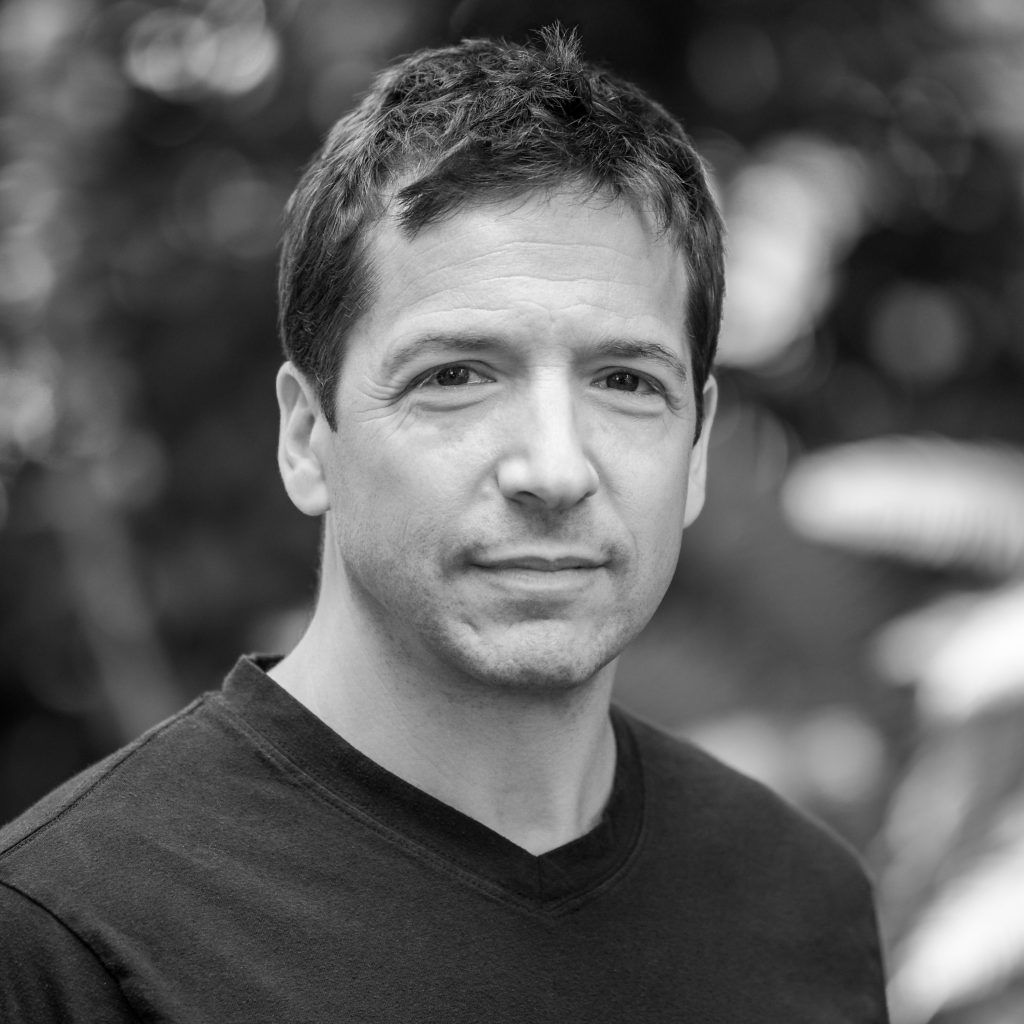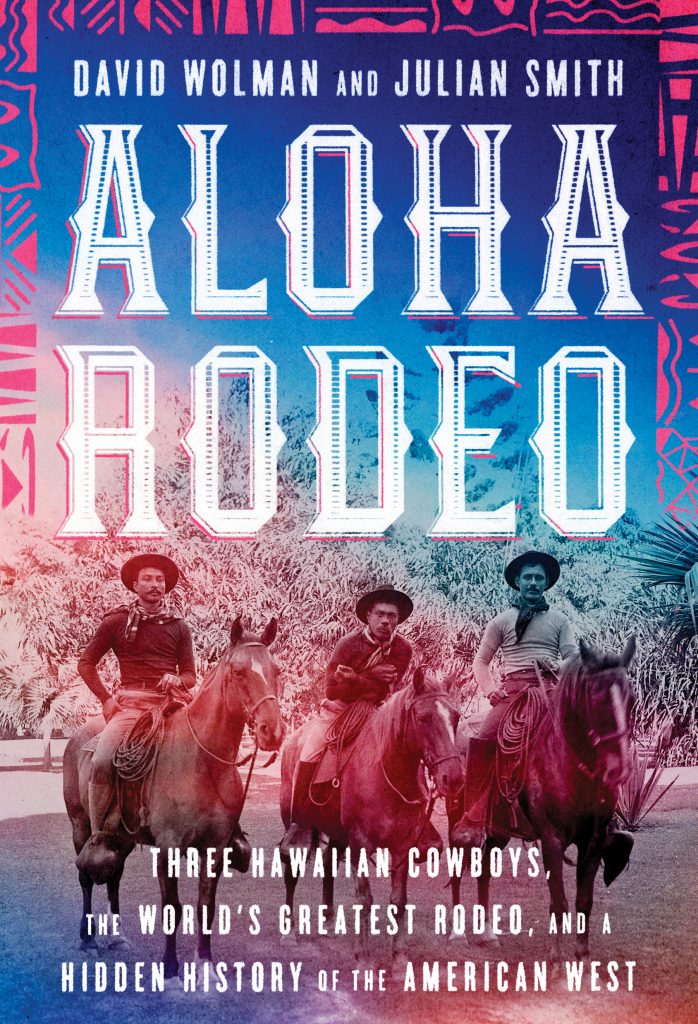Alum David Wolman writes about Hawaiian cowboys
May 28th, 2019 | Alumni, SIT Study Abroad

Study Abroad alum David Wolman has authored several works of nonfiction, including The End of Money, A Left-Hand Turn Around the World, Righting the Mother Tongue, and Firsthand. He's a Contributing Editor at Outside and a contributor at Wired.
His latest (with co-author Julian Smith), Aloha Rodeo -- published May 28 -- looks at the dramatic story of three Hawaiian cowboys ("paniolos") who competed in the rodeo championships in Cheyenne, Wyoming in 1908. They hailed from a long line of Hawaiian cowboys who worked under very different conditions than mainland cowboys, who knew little or nothing of their Polynesian cousins.
Wolman's interest in Polynesia began back in 1995, when he studied with SIT in Samoa. Recently, Wolman answered a few questions about this unusual story.
What SIT program did you attend?
I studied in Western Samoa in 1995. It was a transformative experience for me. Before then, I had never been outside North America. That semester ignited my curiosity about the wider world and led to a longtime love affair with Pacific island nations and cultures. I suppose Aloha Rodeo is just the latest phase of that relationship.
How did you decide to write about Hawaiian cowboys?
I like writing about overlooked topics and people on the margins. In some ways, Aloha Rodeo continues that thread, as far as interest in individuals or a group once viewed as outsiders.
I first read about the Hawaiian cowboys from 1908 in the briefest of summaries. Right away I had questions. Who were they? What were their lives like? What is the story behind ranching in the islands—how did that even come about? As the Hawaiians traveled to Wyoming, what did the country look like through their eyes? As my co-author and I dug in with some research, it became clear that there was a wonderful and largely forgotten story to tell.
What about their story makes it worth closer examination?
The drama is really there. Not just with the sporting rivalry and contests, but also the dangerous work of running cattle in some of the most rugged terrain on Earth. Yet the story of Hawaii’s cowboys is worthy for other reasons as well. It helps overturn simplistic thinking about race and the American West, examines imperialism and its impacts from an atypical perspective, and is ultimately a celebration of diversity.
Is there an experience from your time with SIT that stands out?
During orientation for our program, we spent a week at the East-West Center in Honolulu, where we had a number of lectures about language, archeology, culture, geography and so on. While there, we were each given a simple map on 8.5x11 paper. The map was of the Pacific region and depicted the countries and islands far more clearly than I had ever seen. I was dazzled, so much so that I held on to that map. I still have it.
What surprises did you find in researching Aloha Rodeo?
I knew so little about both Wyoming and Hawaii before going into this project. I had no clue, for example, that Cheyenne, for a time, was so outrageously prosperous. I was also surprised to learn that Hawaii’s cowboys had to herd cattle into the surf—and sometimes had to contend with hungry sharks.

What parts of their story do you personally find most compelling?
There’s something inherently compelling about athletic brilliance, whether the person is named Steph Curry, Serena Williams, or Ikua Purdy. Yet what makes Ikua’s story unique is that competition was merely a thing he and the other paniolo did on the side; roping cattle was their job. A lot of this book is about that work, as well as the tumultuous political events taking place at the time.
What is the legacy of these three competitors in Hawaii and on the mainland?
The paniolo are legends in the islands. Yet even there, not many people know more than a few details about their story.
What cowboy traditions still exist in Hawaii? Are there Hawaiian rodeo contestants these days?
Paniolo culture is alive and well in the islands. If anything, there has been a resurgence. Rodeos take place year round, and Hawaiians compete nationally at the highest levels of the sport. That said, there are very few people left in Hawaii who make a living running cattle from horseback. The number of ranches has diminished, and where there are still cattle to wrangle, most cowhands do so from the seat of an ATV.
Did your experience with SIT influence your work and/or choice of subjects? It’s hard to know. I think I follow stories first and consider geography second, or maybe seventh. Yet I was thrilled that this project took me back to Polynesia. Not for the sunny-vacation reasons that jump to mind for many people when they think about Hawaii, but because it meant I would get to do substantive research, reporting, and writing from a corner of the world that has captivated me ever since that SIT semester nearly 25 years ago.
